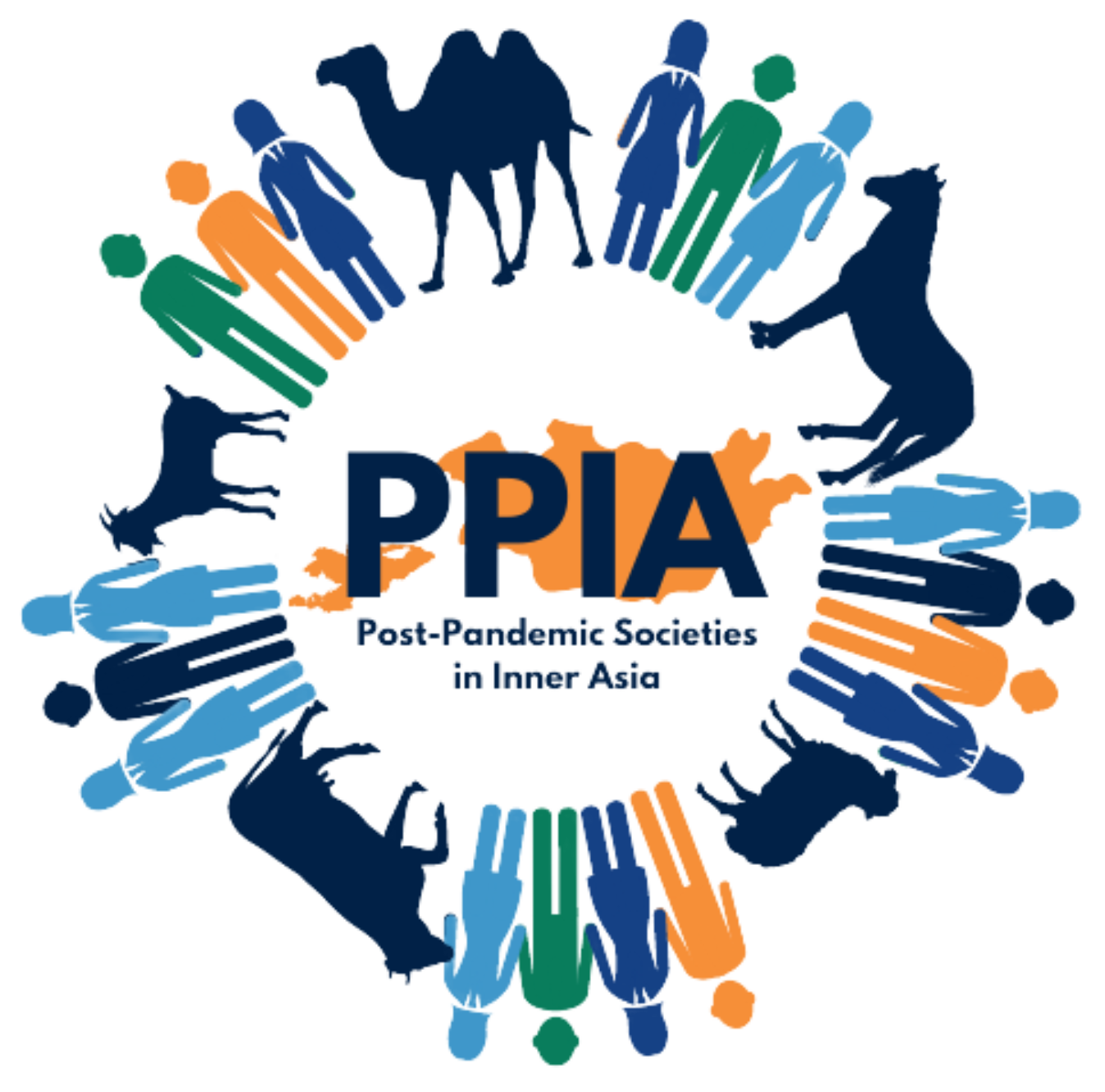“Join me in Mongolia!” That is what Dr Ariell Ahearn, very enthusiastically, said on the last day of our Environmental Governance in Central Asia undergraduate course at Oxford. I am still not sure whether she was being nice or she actually meant it (probably both!) but little did she know I was going to take her up on the offer a year later.
After graduating from Oxford, I started my master’s in Public Policy and Global Affairs at the University of British Columbia. My research interest lies in the intersection between resource governance, human rights and mobility. I was eager to learn more about this from a policy perspective but my intention was never to focus on Mongolia or Inner Asia at all. However, upon joining my course I was told about an opportunity to apply for a Research Fellowship with the Institute of Asian Research, Canada’s leading Asia-focused interdisciplinary research centre which, coincidentally, is also located in my current department. After spending a year working as a Fellow I applied for funding to join Ariell in person in Mongolia where I would simultaneously be working on an independent research project during my visit.
I spent three weeks in Mongolia, mostly in Ulaanbaatar. I am currently researching water security in the capital, focusing especially on water supply and quality in the urban fringe of the city where water infrastructure is very limited. For this, I interviewed local experts in the water field to better understand the challenges related to water governance in the region of Ulaanbaatar city. I worked alongside Ganzul Purevsuren, an Anthropology student at the National University of Mongolia who was helping me with translation and finding my way around the city. We interviewed around thirteen professionals working in the field, all of which were eager to talk to us. They felt that the water sector, as important as it is, had long been neglected by the public authorities and was critically underfunded. This made our work feel ever more relevant.
Our interactions with participants, however, never fully came to an end after the interview. Many of them invited us back to visit the various water facilities and infrastructure which they were operating. Others suggested we come up with collaboration ideas. One of the participants and I are currently working to co-author an article exploring the challenges and opportunities around policy coherence in the water sector for Ulaanbaatar. The opportunity to keep working with the dedicated professional we met during fieldwork was probably one of the most rewarding experiences of this work. I’m looking forward to seeing where these collaborations take us!
Alongside my research, I had the incredible opportunity to live, work with and learn from the most inspiring group of people. I landed in Mongolia just in time to attend the “Nomadic Ethics and Intercultural Dialogue” conference hosted at the National University of Mongolia. This event brought together professors, students, government representatives and community leaders from across the world to discuss the meaning of and opportunities for nomadic ethics. These conversations were not restricted to the conference room, however. I had the privilege to join Ariell Ahearn, Dawn Chatty, Troy Sternberg, Matthew Porges, Sara Lunacek and Munkh-Erdene Gantulga, all incredibly passionate and dedicated researchers, on a three-day trip to the Gobi Desert. This experience was definitely one the highlights from this trip.
After many many hours stuck in the car together, I ended up learning a couple of things about their work. I listened to Troy’s many stories about coming to Mongolia and working in the Gobi. I also learned about Sarah’s personal experience living with Tuareg nomadic pastoralists in Niger and Dawn’s passion for understanding why some animals would be castrated or not. I must admit, some of these conversations escaped my area of expertise but were nonetheless fascinating to listen to. There was something inspiring too about seeing some of my former Oxford professors working with and for the community on the field as opposed to just listening to the good old lectures. I could not be more grateful for this experience and I hope to find a good excuse to take up Ariell on her offer once again soon!





No responses yet